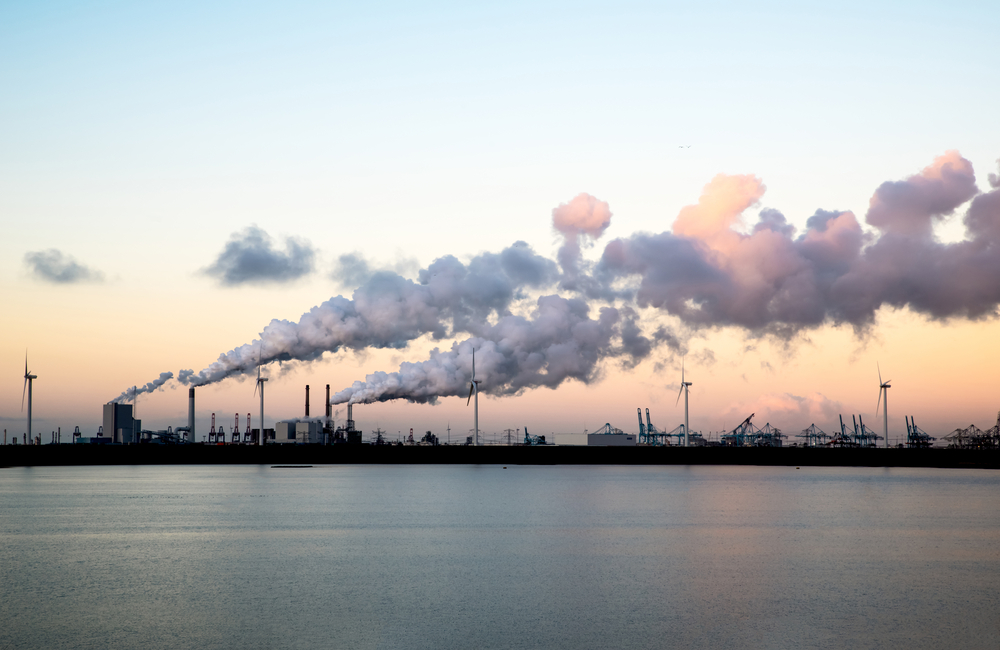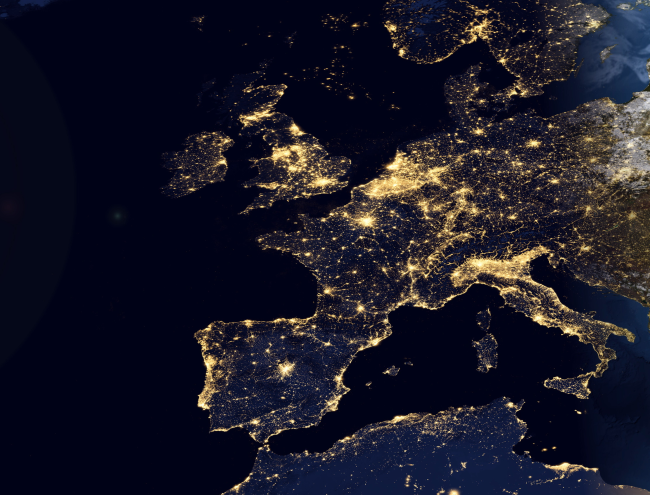CCUS in Europe: A New Role and Implications for France and Germany

A second wave of carbon capture, utilization and storage (CCUS) projects is under development, and it is much different from the 2000 wave. While Norway, the United Kingdom and the Netherlands are at its forefront, France and Germany have major competencies, and many projects could be carried out in these countries.

• A turning point is in progress. Recent carbon capture and storage (CCS) projects have relied on a “hub and cluster” approach to achieve economies of scale and cost reductions, increased cooperation between governments and industry, as well as regional cross-border partnerships.
• Regulatory barriers, which can be resolved only at the European level, still impede the industrialization of the carbon capture, utilization and storage (CCUS) production chain. Political support at all levels is also lacking.
• The synergies between hydrogen and CCS could be exploited in decarbonized clusters, at the level of applications, research and innovation (R&I), and transport infrastructure. This would help optimize the cost of decarbonization.

Available in:
Regions and themes
ISBN / ISSN
Share
Download the full analysis
This page contains only a summary of our work. If you would like to have access to all the information from our research on the subject, you can download the full version in PDF format.
CCUS in Europe: A New Role and Implications for France and Germany
Related centers and programs
Discover our other research centers and programsFind out more
Discover all our analysesBrazil One Year Away from the October 2026 General Elections
Brazil’s general elections will be held on October 4, 2026, to elect the president, vice-president, members of the National Congress, governors, deputy governors and state legislative assemblies. For the presidential and gubernatorial elections, a second round will be held on October 25 if no candidate obtains a majority of the votes in the first round.
COP30: An Inflection Point for Climate Action and Governance
The 30th Conference of the Parties (COP30), opening in Belém, Brazil, on November 10th 2025, convenes at a perilous moment.
The Strategic Dimension of Skills in the Clean Industrial Deal
In the competitiveness and energy transition battles, the European Union (EU) must master a determinant factor: skills.
The Energy Transition Faces Geopolitical Challenges. How Can Ideological Divides Be Overcome?
President Trump’s positions and policies, combined with record coal consumption and booming global electricity demand, geo-economic confrontation, and widespread concerns about energy security, are changing the game when it comes to understanding realistic decarbonization trajectories. The war in Europe is intensifying competition between defense and transition budgets. This is also the case elsewhere in the world.









